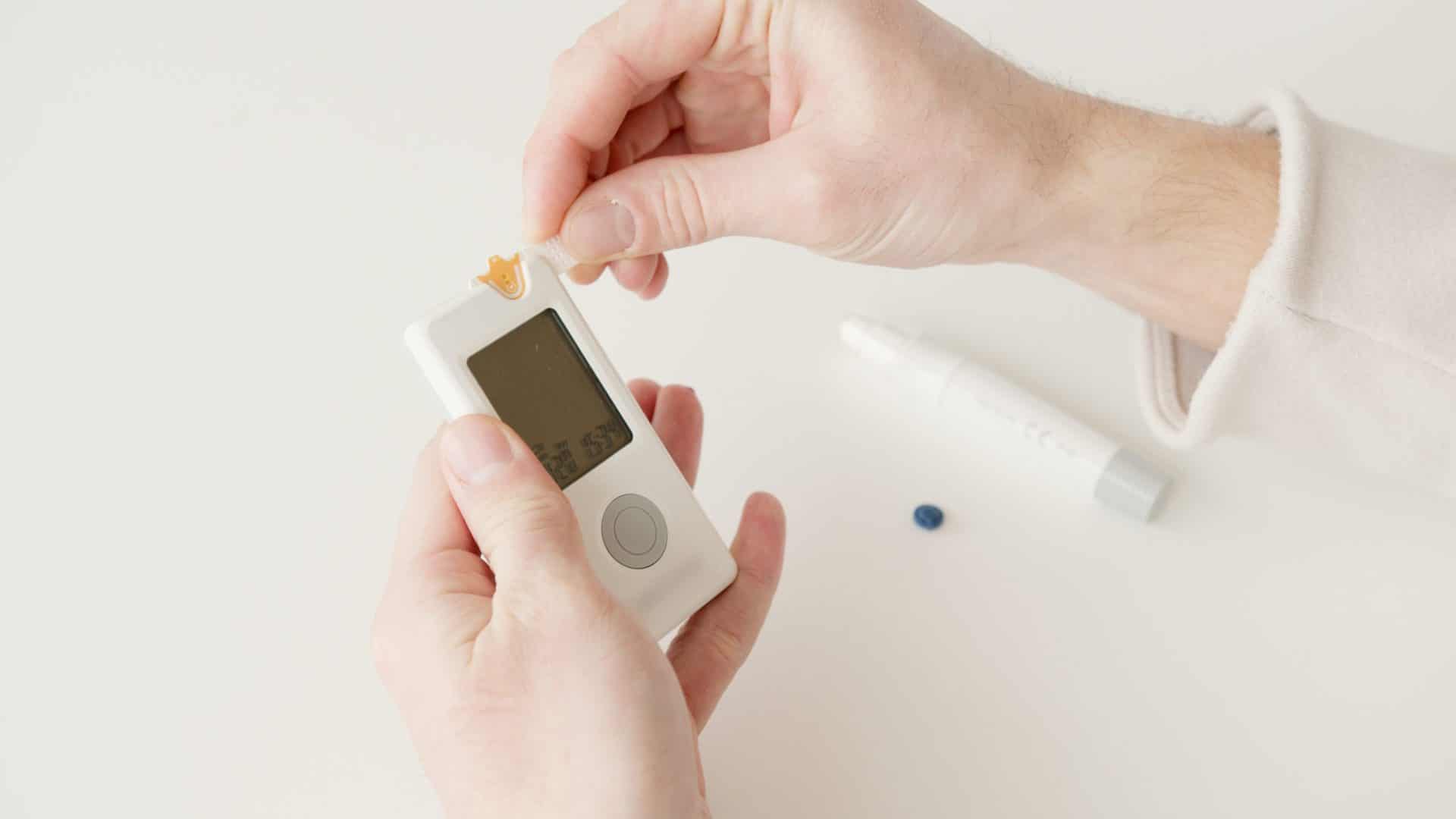Medical Writing Services
What is Medical Writing?
Medical writing services, or medical technical writing services, is a broad category of writing services that includes all medical communications. A medical writer produces documentation, clinical reports, white papers, healthcare resources for the public, pharmaceutical writing, manuals for professionals, medical manuscripts, and more.
The healthcare and pharmaceutical industries are characterized by complex products and processes. Miscommunications and mistakes cost lives, money, and time. Medical writers eliminate communication barriers between pharmaceutical companies and practitioners, researchers and investors, manufacturers and regulator bodies, and public health institutions and civilians.
Medical writers wear many hats—that’s what sets them and other technical writers apart from, say, a researcher writing their own documentation.
Contact Us for Technical Writing
Medical Writing Services
What Does a Medical Writer Do?
In the medical and pharmaceutical industries, it’s easy to find someone competent in medicine, research, or writing. It’s much harder to find someone adept with all three. That is why a qualified medical writer is so valuable. Medical writers are highly knowledgeable on the medical industry and skilled in writing, translating complicated information into a more understandable form, and research. Therefore, they are necessary to write informative and easily understood medical documentation, much of which is intended to be read by readers with different levels of understanding of the subject.
They’re Professional Medical Technical Writers
Medical writers are fluent grammarians and know the ins and outs of technical document design and publishing, but they’re also expert communicators. They know how to change their language to suit their audience, which may include:
- Biotech and pharmaceutical companies
- Contract research organizations
- Government agencies
- Researchers and academic institutions
- Healthcare professionals
- Students and children
- The general public
To accomplish this, a medical writer must be able to use a variety of media. Dense, data-driven writing is appropriate for journal articles, but a pharmaceutical marketing agency may prefer a PowerPoint. A twenty-year-old reading a public health announcement will benefit from reader-friendly text and eye-catching graphic design. A print manual for healthcare professionals about a new medical device needs to feature detailed diagrams and technical language.
A medical writer is also a researcher by trade. A technical writer’s job is to adapt to the needs, fields, and audiences of their client; they can’t be subject matter experts in every project they work on. Instead, technical writers train themselves to learn quickly. They know what questions to ask their clients and team members. They’re handy with a database. They’re comfortable navigating clinical studies and scientific journals.
Medical Writers Know Their Medicine
Technical writing in healthcare requires training in medicine, pharmaceuticals, engineering, or some combination. This will look different for different writers— while one may have a degree in biomedical engineering, another may have worked their way up into a specialization through their technical writing career. Regardless of their path, a qualified medical technical writer will be familiar with:
- Field-specific writing conventions like specialized vocabulary, abbreviations, shorthand, and style standards.
- Basic scientific knowledge of their field(s), be it biomedical engineering, head and neck injuries, or drug development.
- Public health concepts.
- How to interpret and communicate statistics.
- The leading voices in medical and pharmaceutical research.
- Current research and events in healthcare and pharmaceutical development.
- The departments, roles, and structures in hospitals, labs, and other relevant workplaces.
- Medical and pharmaceutical equipment.
- Regulations and the regulatory bodies that enforce them.
- Health insurance.
- Ethical standards, including those stipulated by the American Medical Association Code of Medical Ethics and the American Medical Writers Association Code of Ethics.
Types of Medical Writing Services Offered By EDC
EDC medical writers can help with a variety of different medical writing service projects. Below are the different types of medical writing services we offer:
Regulatory Writing Services
Regulatory writing is paramount in healthcare, but compliance paperwork is difficult to navigate. Medical writing services alleviate some of that burden for biotech researchers and drug and device developers in two ways:
- Medical writers assemble documentation. Proof of compliance requires extensive and ongoing documentation. Medical writers prepare clinical study reports for clinical trials to demonstrate the safety and efficacy of a device or treatment. Post-marketing documentation ensures that already-existing devices continue to function as intended. A technical writer can even assist with financial and security audit documentation.
- Medical writers help demystify the process. They will come to the job familiar with the regulatory bodies in their field, such as the Food and Drug Administration in the US and the Medicines & Healthcare Products Regulatory Agency in the UK. They’ll have experience with common regulatory documents and procedures, and in the case that they don’t, they’ll know how to access guidelines online. Perhaps most crucial of all, medical writers will understand the nuances of how to apply those guidelines to their writing.
Educational Writing Services
Medical writers can write educational material for both patients and medical professionals. EDC technical writers may be hired to write training materials for new hires, posters for children and teens, aftercare brochures for surgery patients, PowerPoints for scientific conferences, and even books for career medical professionals.
While some medical writers dabble in education for pharmaceutical companies and biotech companies, others work for institutions that emphasize education more in their work, such as hospitals, medical textbook companies, medical education companies, and universities.
Device Manual Writing Services
Though perhaps a type of educational writing, device manual writing is enough of an institution that it deserves its own section. Medical writers provide legally compliant, precise manuals for healthcare professionals and patients alike.
Manuscript Writing Services
Medical writers commonly write for the scientific community. EDC can help prepare submissions to peer-reviewed journals, from the abstract to the datasets to the citations.
Communications, Promotional, and Public-Facing Writing Services
Medical writing would not be complete without its public-facing material. These writers disseminate public safety information, promote drugs and devices, and write copy for company or hospital websites, magazines, and press releases.
White Paper Writing Services
White papers can be used to introduce new products, research, policies, and plans to other businesses and investors or to the public. Medical writers play a vital role in translating the information in these papers so that readers can understand it.
Grant Applications
Medical writers are a vital resource when applying for a grant. A medical writer will not only write clearly and precisely but will also know how to be persuasive and meticulous with the information they have.
Workflow Documents
As in any other field, the healthcare and pharmaceutical worlds benefit from technical writers purely on an operational level. However, a medical technical writer will be able to incorporate medical knowledge with administrative procedural knowledge into their workflow documents as well.
HIPAA, for example, influences policy and procedure in hospitals. When designing healthcare security procedure documents, a medical technical writer would incorporate digital, analog, and physical confidentiality and patient protection mechanisms into their outline.
EDC Medical Technical Writing Experience
During over 40 years of operation, EDC has amassed a substantial client list in healthcare and pharmaceuticals that includes the Center for Disease Control and Prevention, Blue Cross Blue Shield, and Pfizer Pharmaceutical. We have authored manuals for optical lens grinding machines, prepared FDA documentation for a clinical Bluetooth bedwetting alarm, and created veterinary device guides for Zoetis. Below is a sample of our projects and testimonials from clients:
DICOM Director: Our engineering and biomechanics technical writer drew up grant proposals and FDA documentation for an innovative piece of medical software for DICOM Director. The software converts CT and MRI scans into 3D images on augmented and virtual reality interfaces. Physicians then map out procedures in three dimensions pre-operationally. Later iterations of this software would allow physicians to use VR and AR imaging even during the operation.
Roche Diagnostics: EDC provided informational articles on RNA sequencing for Roche Diagnostics’ various publications. To match the highly specialized needs of the project and client, we curated a team of technical writers who understood RNA sequencing at masters and doctorate levels.
EDC understands that medical writing is broad and highly specialized. For more information on how EDC can help, reach out for a consultation.
How EDC Can Help with Medical Writing Services
Whether you need a single medical writer for a brief project or a team of consultants to produce a complete line of medical documentation, the quality of our work is guaranteed for you. Our clients work closely with an Engagement Manager from one of our 30 local offices for the entire length of your project at no additional cost. Contact us at (800) 221-0093 or [email protected] to get started.
Medical Writing Related Articles
If you’d like to learn more about medical writing services and what they can do for you, check out some of our related content below:
Contact Us for Medical Writing
Hire EDC technical writers for Medical Writing or other technical writing services:






